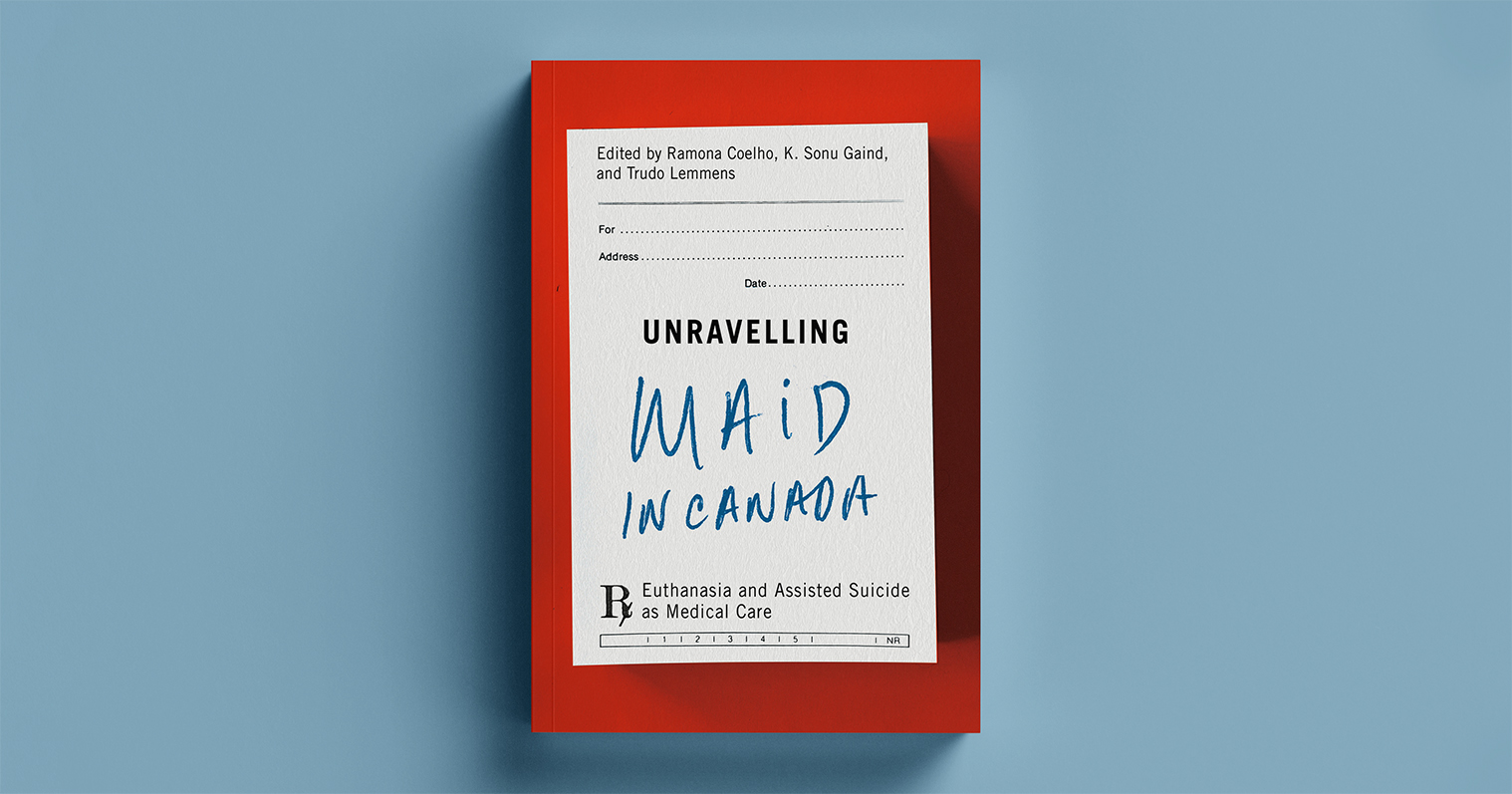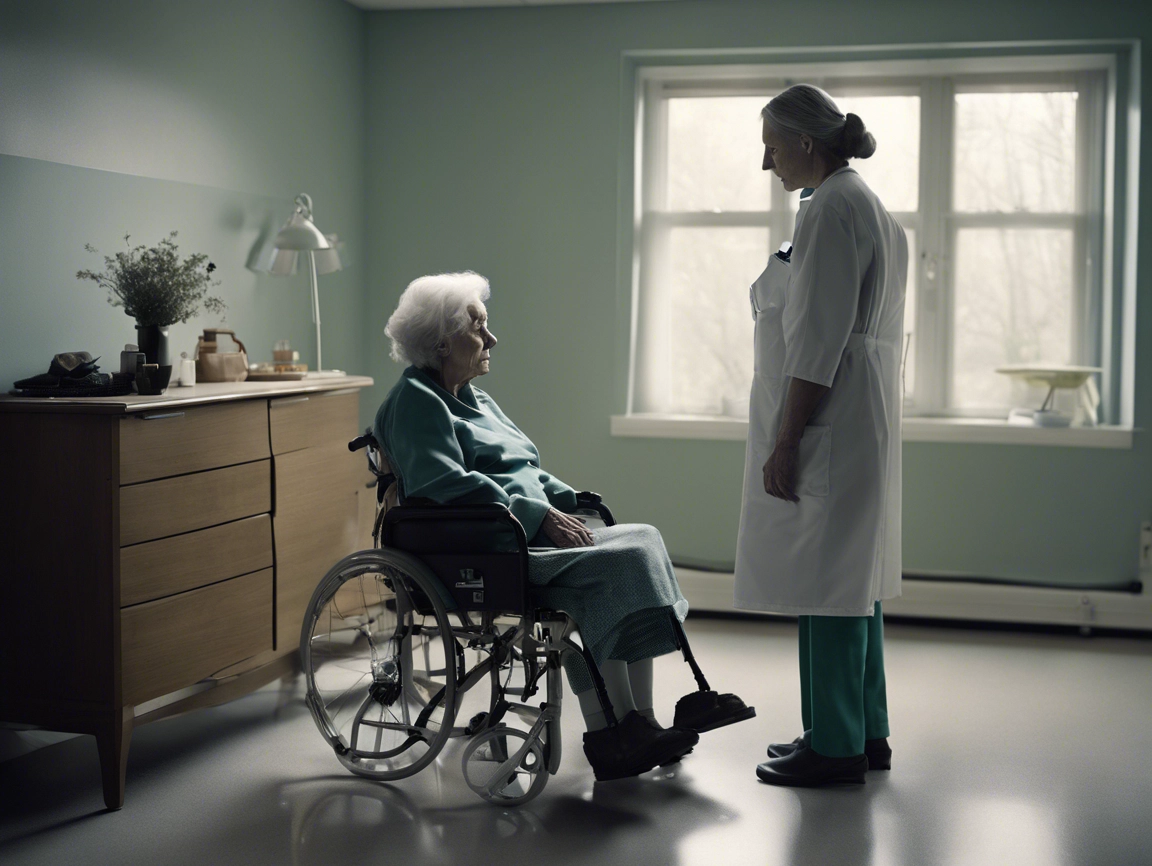Commentary by Dr. Roger Roberge on the article: Time to clarify Canada’s medical assistance in dying law (Canadian Family Physician, September 2018).
The article attempts to clarify notions that are likely to be interpreted in different ways: mental illness as the only underlying medical problem; the imminent loss of capacity and a natural death that is reasonably foreseeable.
Regarding mental illness as the only underlying medical problem, the authors specify that, contrary to the non-eligibility of mature minors and advanced directives, no provision of the Act excludes patients with only a mental illness. The authors give reason to those who do not exclude these patients.
Regarding impending loss of capacity, the mandatory 10-day waiting period may be shortened, according to the authors, if the appropriate disease or treatment threatens the patient’s capacity. In other words, we could say that if the disease progresses or if the drugs affect survival, it would be necessary to shorten the waiting period.
Therefore, the authors do not clarify the impending loss of capacity but give two possible reasons for the loss.
Concerning, a natural death that is reasonably foreseeable, the authors offer an explanation of the least complex, namely that a foreseeable cause of natural death may suffice to conclude that death is foreseeable, but it is not a requirement for concluding to the foreseeable death. In other words, according to the authors, death would be predictable when a doctor or nurse would agree.
In conclusion, reading this article tells us that the authors do not rule out that a patient who presents a mental illness as the only medical problem, is not eligible for medical aid in dying. In addition, there are several reasons why the mandatory 10-day waiting period may be shortened. Finally, the decision based on the criteria of natural death that is reasonably foreseeable would be the prerogative of the opinion of the doctor or a clinical nurse.
In closing, the title of the article is interesting, but the content of the text reveals the intention of the authors to promote the broadening of eligibility criteria for euthanasia. This is not surprising, because the authors, in particular Mrs Downie, are promoters of euthanasia.


